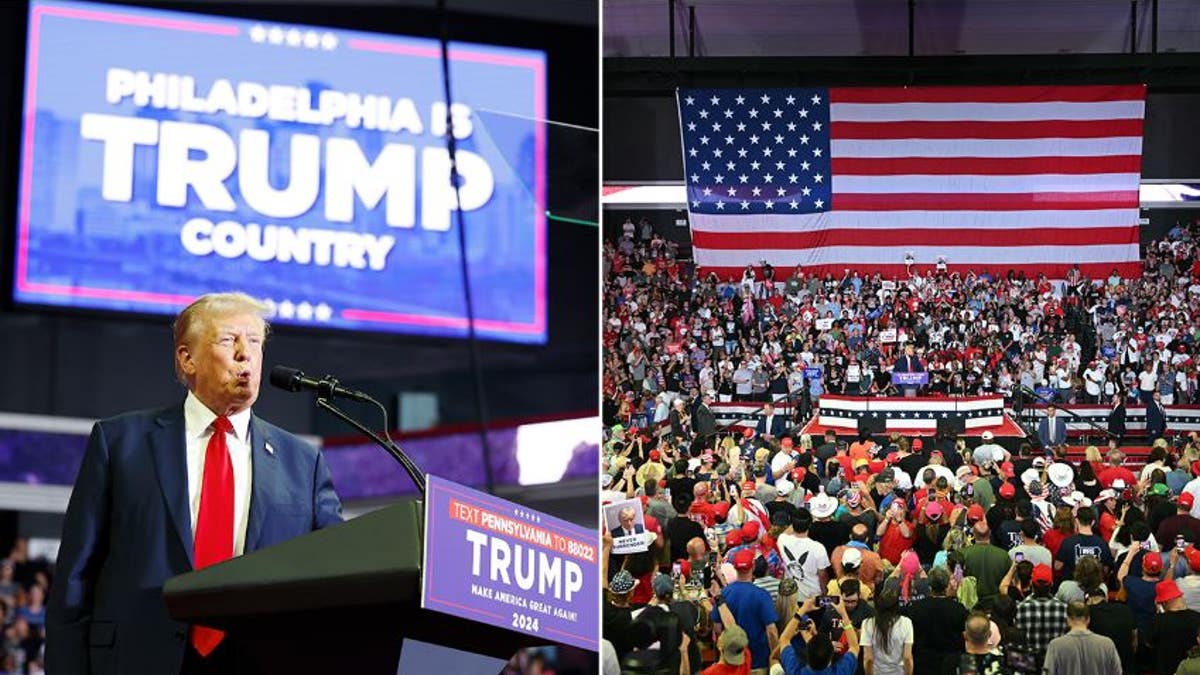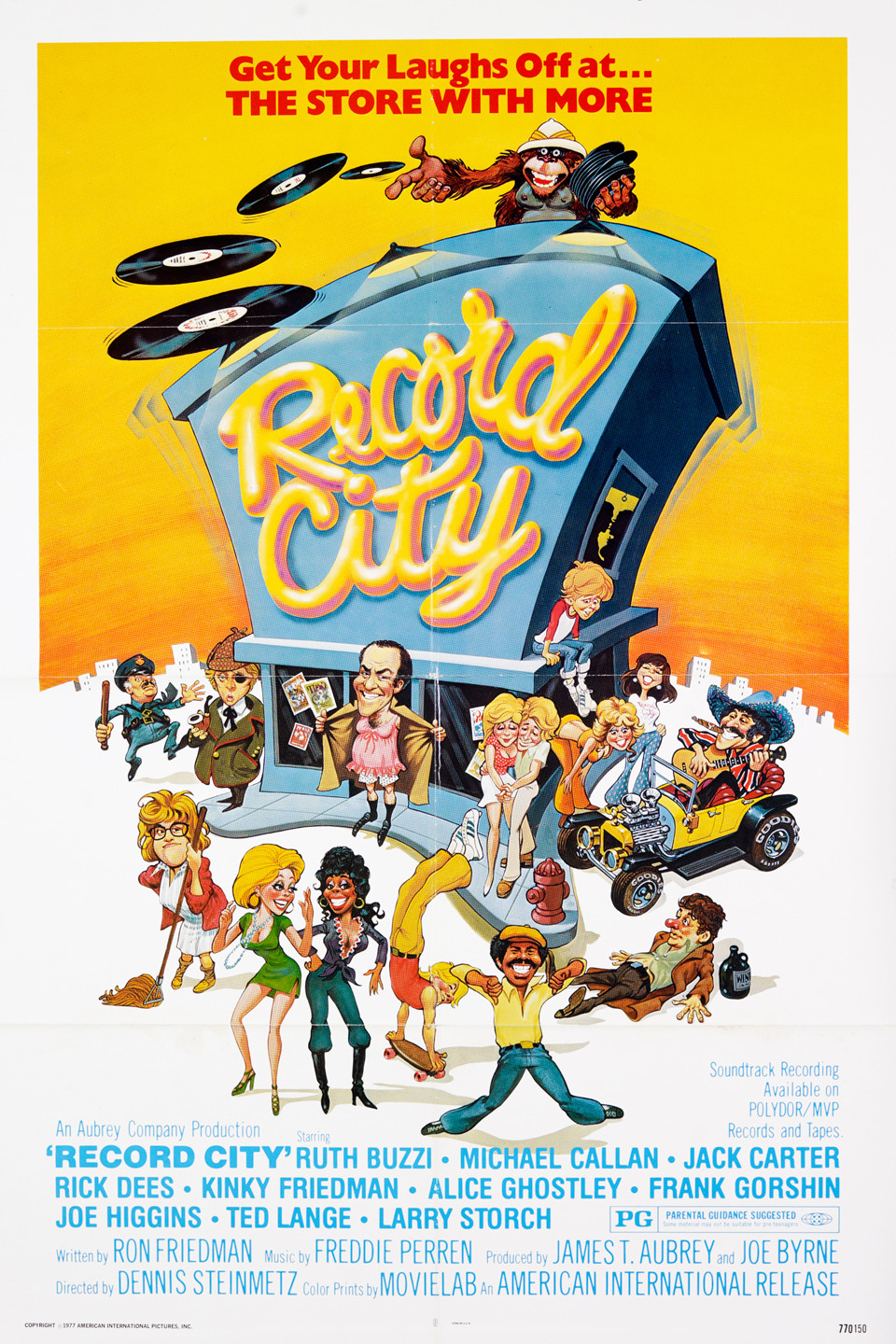Pope Francis' Legacy: A More Global, Yet Divided Church

Table of Contents
A More Globalized Church: Francis' Embrace of Inclusivity
Pope Francis' papacy has been characterized by a determined effort to make the Catholic Church more outward-looking and inclusive. This global perspective is evident in his outreach to marginalized communities and his emphasis on participatory governance.
Reaching Out to the Periphery
Francis has consistently prioritized the needs of those at the margins of society and the global community. This commitment to social justice is a cornerstone of his pontificate.
- Laudato Si': This encyclical on environmental care has broadened the Church's engagement with ecological issues, sparking global conversations on environmental responsibility and sustainability.
- Focus on Migrants and Refugees: Francis has consistently advocated for the rights and dignity of migrants and refugees, calling on the Church to provide support and advocate for just policies. This has garnered both praise and criticism, highlighting the complexities of the issue within the Church.
- Interfaith Dialogue: Pope Francis has actively engaged in dialogue with leaders from other faiths, fostering greater understanding and cooperation on issues of common concern. This approach reflects his belief in the importance of religious pluralism in building a more peaceful world.
These initiatives have significantly enhanced the Church's global image, portraying it as a compassionate and engaged actor on the world stage. His emphasis on social justice and environmentalism resonates with many who previously felt disconnected from traditional Church teachings.
Emphasis on Synodal Processes
Another key aspect of Francis' globalizing vision is his promotion of synodality. This participatory approach emphasizes shared decision-making and a more decentralized Church structure.
- Synodal Assemblies: Francis has initiated numerous synod processes, bringing together bishops, clergy, and laity from around the world to discuss key issues facing the Church. These assemblies aim to foster a more inclusive and collaborative approach to governance.
- Bottom-Up Approach: The emphasis on listening to the voices of the faithful at the local level represents a significant departure from more hierarchical models of Church governance.
- Challenges of Implementation: While the concept of synodality is widely embraced, its implementation presents significant challenges, particularly in navigating diverse theological viewpoints and cultural contexts.
Synodality's success hinges on overcoming the challenges of implementing participatory governance structures across a globally diverse Church. The ongoing debates about the level of decentralization highlight the tensions between global unity and local autonomy.
Deepening Divisions: Challenges to Traditional Doctrines and Practices
While Pope Francis' efforts to globalize the Church have been widely praised, his papacy has also been marked by significant internal divisions. These divisions stem largely from controversies surrounding traditional doctrines and practices.
Controversies Surrounding Doctrinal Issues
Certain pronouncements and actions by Pope Francis have ignited significant debate within the Catholic Church, particularly among more conservative factions.
- Same-Sex Marriage: Francis' more pastoral approach to LGBTQ+ individuals, while affirming Church teaching on marriage, has been interpreted differently across the Church, fueling debate and division.
- Women's Ordination: The ongoing discussion surrounding the possibility of ordaining women to the priesthood remains a significant point of contention within the Church.
- Clerical Celibacy: Discussions about potential exceptions to mandatory celibacy for priests have also been a source of significant internal debate.
These ongoing doctrinal debates highlight the deep divisions within the Catholic Church regarding traditional teachings and their application in the modern world. Progressive Catholics frequently praise Francis' inclusive language and approach, while conservative Catholics express concern about a perceived erosion of traditional doctrine.
Challenges to Papal Authority
Pope Francis' reforms and pronouncements have also encountered resistance from segments of the Church hierarchy, raising questions about papal authority.
- Resistance to Reform: Some conservative elements within the Church have resisted Francis' efforts to reform the Church's administrative structures and approach to governance.
- Dubia Cardinals: The "dubia" cardinals, who raised concerns about certain aspects of Amoris Laetitia, highlight a degree of resistance to papal pronouncements.
- Challenges to Centralized Authority: These instances of opposition underscore the tension between centralized papal authority and the desire for greater autonomy within local churches.
The resistance to Francis' reforms underscores the inherent tension between centralized authority and the desire for local autonomy within the globally diverse Catholic Church. The challenges to papal authority reflect the complexities of governance within a large and diverse institution.
Conclusion
Pope Francis' legacy is a multifaceted one. His papacy has undoubtedly fostered a more globalized and socially engaged Catholic Church, characterized by a strong emphasis on social justice, environmental stewardship, and interfaith dialogue. However, his initiatives have also exacerbated internal divisions on crucial doctrinal and governance issues. The controversies surrounding same-sex marriage, women's ordination, and clerical celibacy, along with resistance to certain reforms, reveal deep-seated tensions within the Church. Understanding "Pope Francis' legacy" requires acknowledging both its successes in promoting a more inclusive global Church and the challenges it has faced in navigating internal divisions.
To further explore this complex legacy, we encourage you to engage in discussions, share your thoughts, and delve deeper into the scholarly literature on Pope Francis' papacy and its impact on the future of the Catholic Church. What are your perspectives on Pope Francis' legacy? Share your thoughts in the comments below!

Featured Posts
-
 Harvard University And The Trump Administration Negotiation On The Horizon
Apr 24, 2025
Harvard University And The Trump Administration Negotiation On The Horizon
Apr 24, 2025 -
 John Travoltas Rotten Tomatoes Record More Misses Than Hits
Apr 24, 2025
John Travoltas Rotten Tomatoes Record More Misses Than Hits
Apr 24, 2025 -
 High Stock Market Valuations A Bof A Analysis For Investors
Apr 24, 2025
High Stock Market Valuations A Bof A Analysis For Investors
Apr 24, 2025 -
 Is This The End For Liam The Bold And The Beautiful Spoilers
Apr 24, 2025
Is This The End For Liam The Bold And The Beautiful Spoilers
Apr 24, 2025 -
 Blue Origin Rocket Launch Cancelled Subsystem Issue Delays Mission
Apr 24, 2025
Blue Origin Rocket Launch Cancelled Subsystem Issue Delays Mission
Apr 24, 2025
